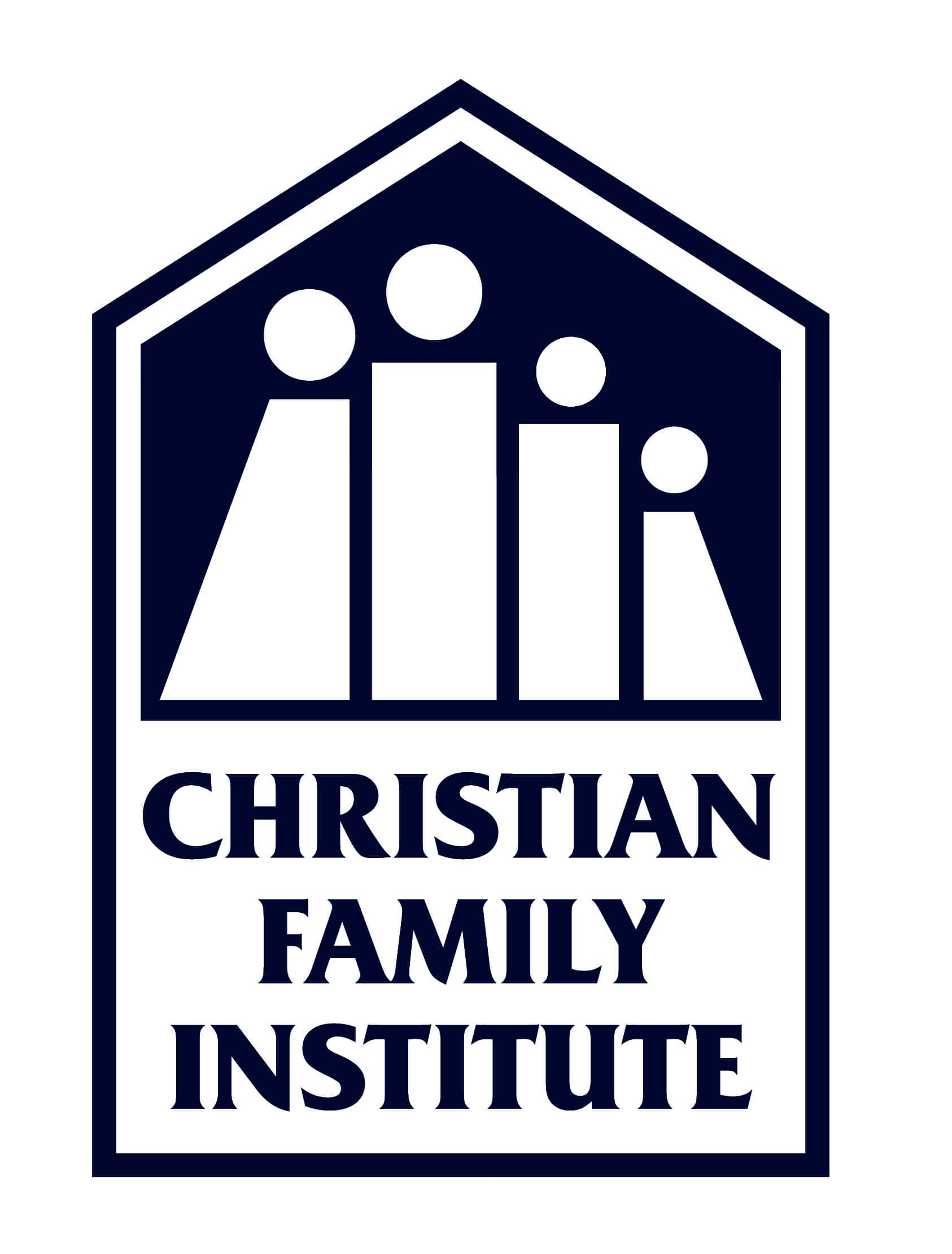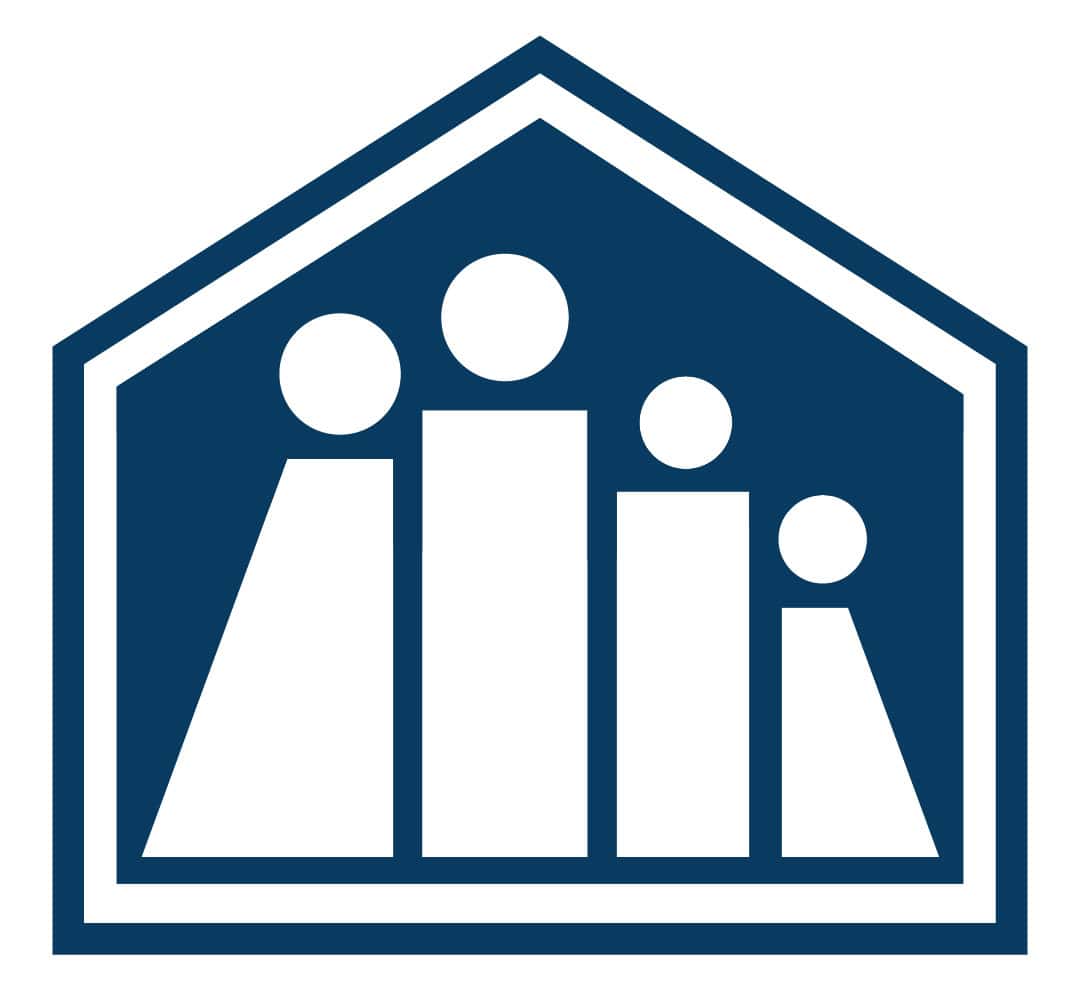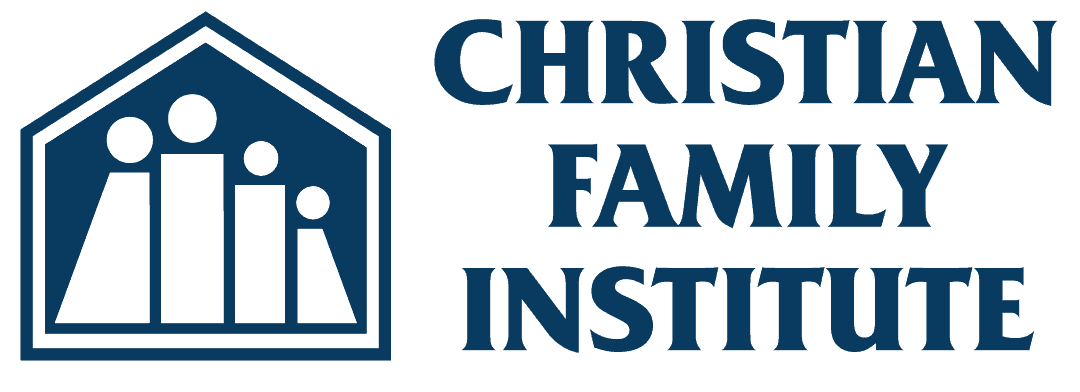
11 Jun Who Does Unforgiveness Hurt?
When answering the question, it is important to accurately define what forgiveness is. Forgiveness is very often misunderstood as something altogether different. Defining forgiveness and explaining who is hurt by it could take an entire book and is difficult in the space of one article. However, for the purposes here I will give a working definition which you may want to explore at a later time on your own or with a trusted counselor.
Forgiveness means: After determining that an offense has occurred, you willfully abandon (through considerable determination and deliberate work) the emotional and physical reactions (anger, resentment, revenge, etc.) that you may hold toward the offense and the offender.
Again, this is a very short, simple working definition of forgiveness. More exploration on your part may be necessary to fully grasp the full meaning of forgiveness. Because I have encountered much anger and scoff from individuals after suggesting the idea of forgiveness of past hurts as part of their recovery, I find it necessary to point out a few things that forgiveness is NOT. I will not fully explain each point here, but again, you can explore these ideas further if you wish.
Forgiveness is NOT:
Excusing the offender for the offense.
Tolerating the offense or the offender.
Pardoning the offender or giving the offender a "pass" for his/her behavior.
Condoning the offensive behavior.
Reconciliation of the relationship with the offender.
Forgetting the offense.
So, now that we briefly see what forgiveness is and is not, I want to try to answer the question: "Who does unforgiveness hurt?" An easy answer to this question is that unforgiveness hurts everyone. That answer would take much too much time to explain. So for the sake of space I will discuss who is most impacted by unforgiveness.
The person most affected by unforgiveness is the offended person who is harboring the unforgiveness.
One of my favorite quotes on forgiveness is "Holding onto unforgiveness is like swallowing poison in order to punish your enemy." It has been speculated that as much as 70% of adult inpatient mental health hospital admissions can be attributed to guilt (unforgiveness of self) and resentment (unforgiveness of someone else). Now, I do not know if that number would hold up under strict scientific scrutiny, but professionals do know that unforgiveness does lead to significant levels of depression, anxiety, and anger as well as many serious physical health concerns.
If you look at the symptoms of unforgiveness: depression, anxiety and anger just to name a few, these are not symptoms experienced by the person who is not being forgiven. These are symptoms experienced by the person who has been offended and is not forgiving.
Many people say, "This is not fair. I was victimized and now I have to forgive the person who did this to me?" My answer is "No, you do not have to forgive anyone."
However, I encourage you to consider two things. First, if you do not forgive it is like re-experiencing the offense over and over again as long as you have the mind to remember. You will feel the same helplessness, loss of control, anger and anxiety that you did when the offense first occurred. I would venture to say no one likes that idea.
The second thing to consider, for Christians and those who consider themselves believers is this: In Matthew 6:15 Jesus tells us, "But if you do not forgive others their sins, your Father will not forgive your sins." That is a pretty powerful statement. Whenever we find ourselves living contrary to the boundaries set for us in scripture, there are going to be consequences. In this case, we see the symptoms of unforgiveness. However, scripture never tells us to do something that is impossible. In fact we are always given guidance on how to achieve the precepts set for us.
When considering overcoming the anger, anxiety, depression, and other symptoms of unforgiveness, it is vitally important to remember the list of things that forgiveness is NOT which I listed above. I want to be very clear.
If you are experiencing an offense that is ongoing such as abuse, infidelity, or some other harmful activity, I believe you cannot forgive that person until that behavior has ceased.
For example, if you are in relationship with an abusive partner who asks for forgiveness after every abusive episode, and you say you "forgive" and return over and over to the same abusive pattern, then you are not actually forgiving. Rather, you are tolerating or condoning the abusive behavior. Only after the offense has stopped and you have completely separated from the negative pattern can you begin the process of forgiving. This is an entire other subject that needs to be explored that requires much more than one article, but it is very important.
Forgiveness is a process.
It is not a one-time event accomplished with a statement. It is at times a difficult process that requires mental, emotional, and at times physical work. Because of this we are motivated to forgive not because of the effects is will have on the person we are forgiving, but for the rewards that await us when we truly forgive. When you truly forgive, you experience freedom. Freedom from the emotional ties to past events. Freedom from daily anxiety that you may not have known was attached to past offenses. You will experience control over your own life rather than continuing to see yourself and responding to the world as a victim. You will begin to respond to your current relationships in real time rather than responding through a filter based on past hurtful experiences.
To forgive is to set a prisoner free and discover that the prisoner was you.
—–
You will know that forgiveness has begun when you recall those who hurt you and feel the power to wish them well.
Lewis B. Smedes, author
Forgiveness is an act of the will, and the will can function regardless of the temperature of the heart.
Corie ten Boom,Holocaust survivor


